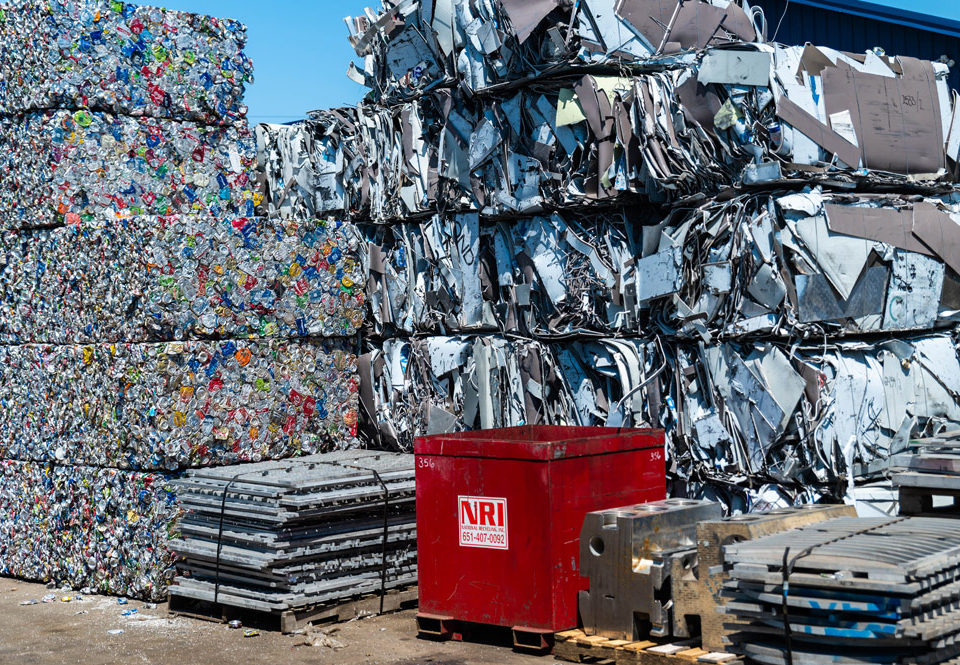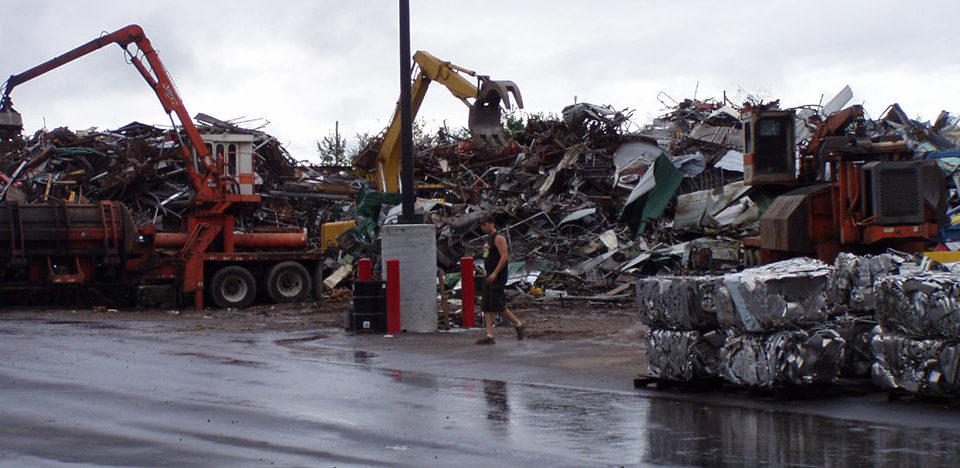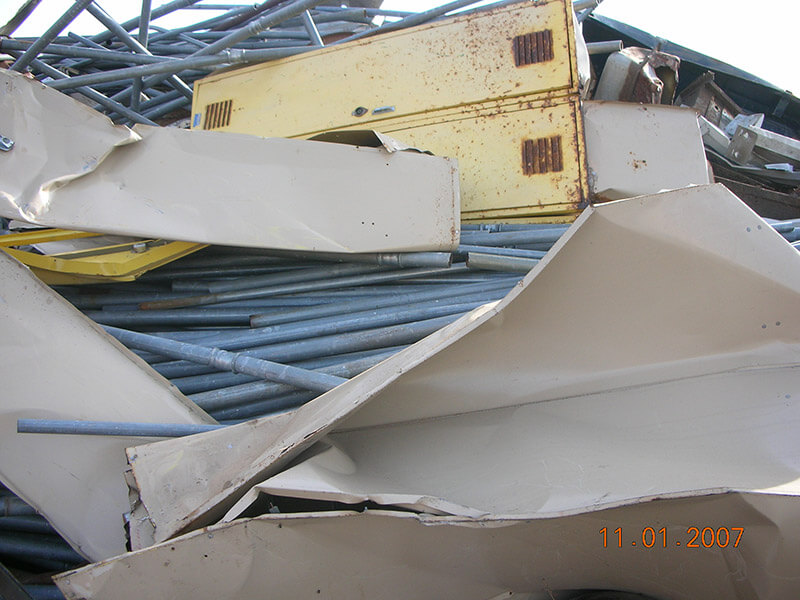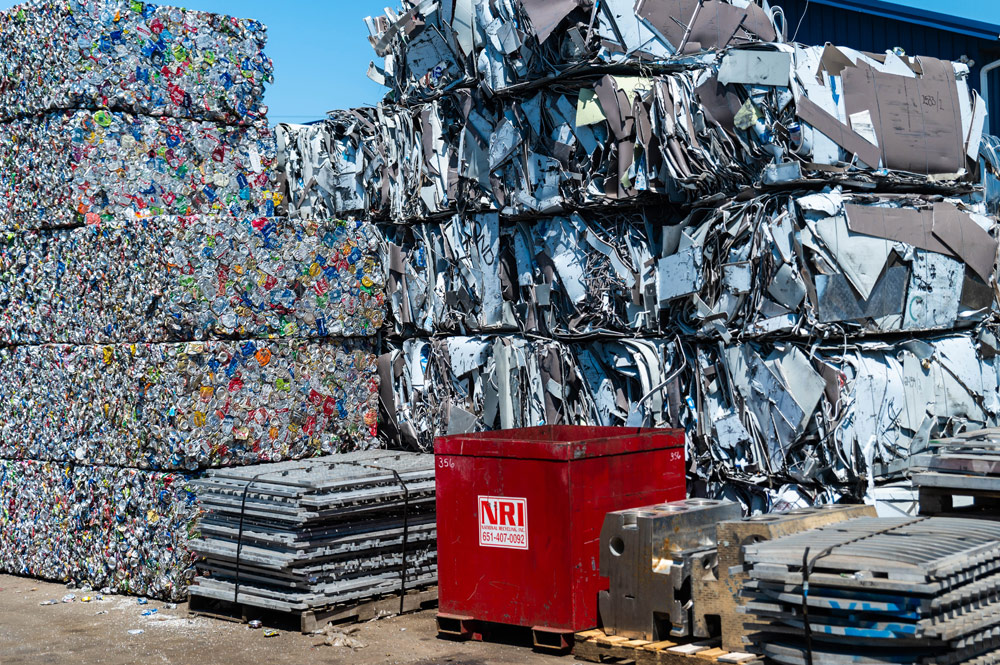
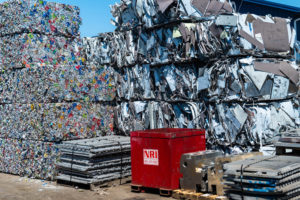 The professionals at NRI Metal Recycling possesses substantial understanding in the realm of metal recycling in industrial and commercial applications. Since we have been in business, we have collaborated with countless customers in the manufacturing realm who have required a range of metal recycling help.
The professionals at NRI Metal Recycling possesses substantial understanding in the realm of metal recycling in industrial and commercial applications. Since we have been in business, we have collaborated with countless customers in the manufacturing realm who have required a range of metal recycling help.
We know that you are not in the business of recycling and waste handling, and we take the initiative to ensure that we take up the smallest amount of your resources and capacity as we can. If your firm requires an outsourced metal recycling solution to address its manufacturing waste, we may just be the perfect fit.
With our vast knowledge base and years of experience serving your industry, we pride ourselves on offering customers key insights into how they can meet sustainability objectives. The following paragraphs explain the kinds of metals we can help you recycle.
First, it is important to note that recycling of metals is broken down into two categories, that which deals with ferrous metal and that which addresses non-ferrous metals. The distinction simply involves the fact that ferrous metals are those containing iron, and non-ferrous metals lack iron. Because ferrous metals tend to have more durability than their non-ferrous counterparts, they are often used in products that corrode more quickly and need magnetic energy. By contrast, non-ferrous metals resist corrosion as well as magnetism, making the ideal for use in a wide range of industrial products, because they are so flexible.
While we have attempted to list most of the metals we are capable of recycling, if there is another sort of metal you need to have recycled, get in touch with us to learn more about what might be possible.
Iron is a magnetic metal, and it is common for scrap yards to use cranes fitted with magnets to transport iron to various places. This is one of the most frequently recycled metals anywhere, mainly because the reprocessing method required is quite stimple. Boilers, bathtubs and residential washing machines often contain large amounts of iron.
Steel is not difficult to distinguish from other metals, as it sticks to magnets with great force. Also, it is among the most affordable, and heaviest types of metals that can be obtained. Though steel is not as valuable as nonferrous varieties, steel scrap is plentiful, often found in everything from washing machines to old vehicles, to clothes hangers.
When it comes to value, copper is among the most prized metals to recycle. As such, it is important to look out for it at all times. This metal features a reddish hue when in prime condition, but when aged or worn, it tends to appear dark brown. Copper is often found in power cords, computer wiring, and the like. Kitchen pans, electromagnets, and older plumbing components can often be found to contain copper.
While aluminum is often mistaken for steel, it does not stick to magnets. Bicycles, window frames, vehicle components, and more are known to be made of aluminum. Also available for recycling are simple household staples such as beverage cans.
The metal known as stainless steel is comprised of 70% iron, though it is categorized as a nonferrous metal which still brings a higher price on a recycled per-pound basis. This is because it usually contains roughly 8% nickel. Certain types of vehicle and airplane equipment are made with stainless steel, as are home appliances and cookware. It is easy to mistake stainless steel for iron, so it is necessary to have a keen eye.
Bronze is a metal that is produced through a combination of other metals such as tin, zinc, copper, manganese, nickel, and aluminum. It can be hard to tell the difference between bronze, copper and brass, but one way to do so is to know that bronze is corrosion and moisture-resistant.
Brass is a composite of copper and zinc, and it is regularly used to make doorknobs, keys, valves, faucets, and the like. This metal features a yellow hue with the occasional hint of red, but if it is exposed to the elements for extended periods, it begins to turn somewhat green.
The metal known as lead is prized for its numerous industrial applications, is highly malleable, and corrosion-resistant. However, though lead is soft and easy to shape, it is also heavy, which renders it an ideal choice for piping and wheel weights.

